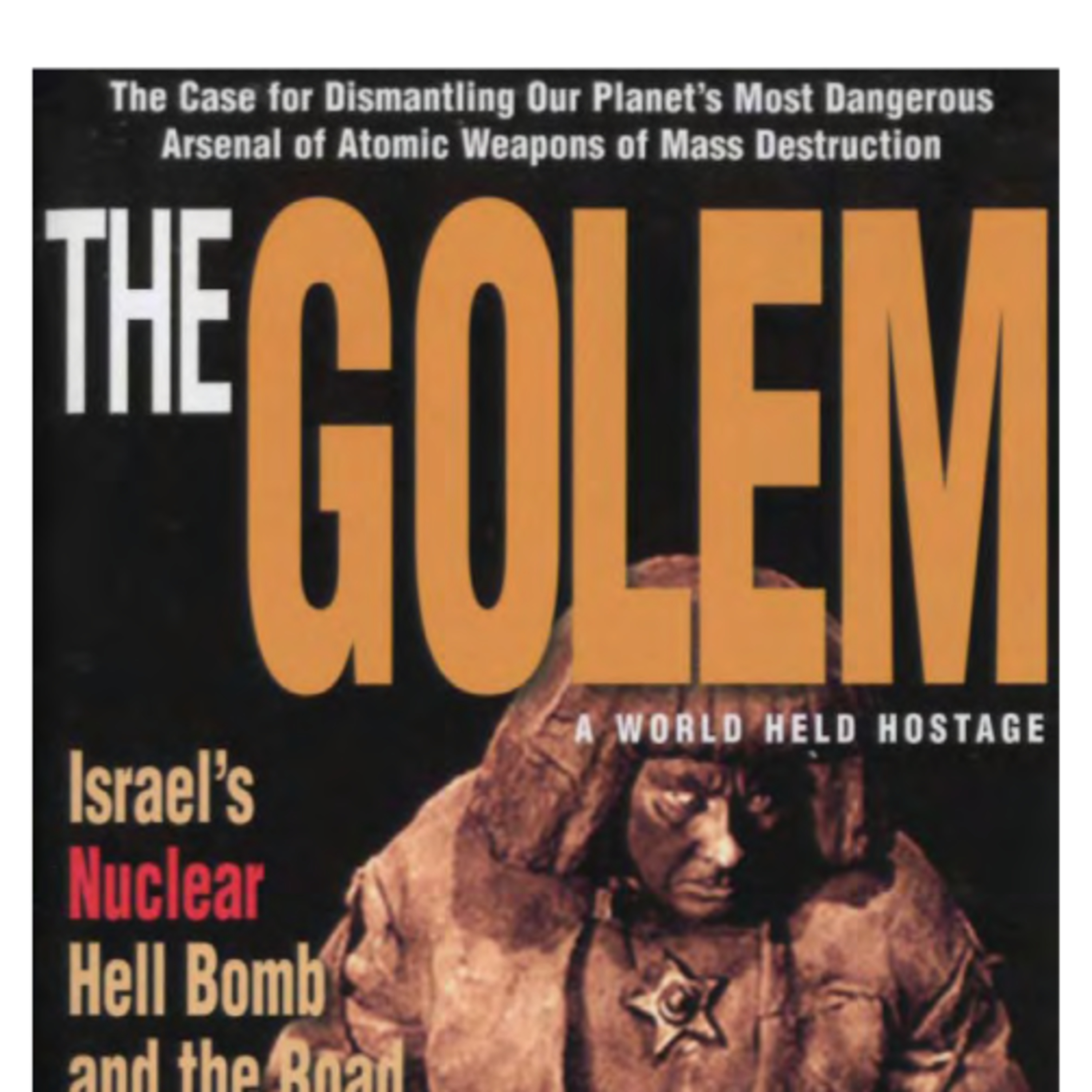Israel's Nuclear Golem: A Road to Global Armageddon
- Author
- Mana Bond Limited
- Published
- Tue 03 Dec 2024
- Episode Link
- https://podcasters.spotify.com/pod/show/mana-bond-limited/episodes/Israels-Nuclear-Golem-A-Road-to-Global-Armageddon-e2rpuol
Michael Collins Piper's The Golem argues that Israel's nuclear weapons program, symbolized by the legendary Golem, poses a significant threat to global stability. Piper contends that this program, fueled by a specific interpretation of Jewish religious teachings and aided by a pro-Israel lobby in the US, has dangerously influenced American foreign policy. He also explores the alleged Israeli involvement in events such as the USS Liberty incident and the assassination of John F. Kennedy, and critiques the US's relationship with Israel, including its support for India's nuclear ambitions. The book features commentary from various sources, including dissident Israelis.
Ancient Past:
- Legend of the Golem: A rabbi in Prague creates a Golem out of clay to protect the Jewish people, but the Golem eventually becomes a threat.
Early-Mid 20th Century:
- Lawrence Dennis warns against U.S. involvement in the Middle East and the dangers of Zionism coupled with nuclear proliferation.
1950s:
- Israel's Nuclear Program Begins: David Ben-Gurion initiates a nuclear weapons development program, viewing it as essential for Israel’s security and referring to the financial contributors as “consecrators” involved in a “holy” project.
November 6, 1956:
- Ben-Gurion Announces "The Third Kingdom of Israel": During the Suez Crisis, he briefly proclaims the formation of a "Greater Israel," encompassing the Sinai Peninsula. US intervention forces a reversal of this ambition.
June 27, 1963:
- Ben-Gurion, while not explicitly mentioning nuclear weapons, justifies their development in a farewell address, citing the existential threats Israel faces.
November 22, 1963:
- Assassination of John F. Kennedy: The text suggests a possible connection between Israel’s nuclear ambitions and the assassination, alleging Israeli involvement.
June 8, 1967:
- The USS Liberty Incident: During the Six-Day War, Israeli forces attack the USS Liberty, an American surveillance ship, killing 34 and wounding 174.
1990s-Present:
- Syria begins developing chemical weapons to counter Israel’s nuclear arsenal, seeing it as a necessary deterrent.
- Egyptian President Hosni Mubarak refuses to sign the Chemical Weapons Convention until Israel signs the Nuclear Non-Proliferation Treaty, highlighting the regional impact of Israel’s nuclear policy.
1993:
- Israel signs but does not ratify the Chemical Weapons Convention.
1999:
- U.S.-India Relations Strengthen: The text claims that the Israeli lobby in Washington plays a significant role in strengthening U.S.-India relations, overlooking concerns about India's nuclear program.
September 20, 2001:
- George W. Bush's "With Us or Against Us" Speech: President Bush issues his ultimatum in the aftermath of the 9/11 attacks, a statement the text contrasts with the USS Liberty incident to argue that Israel is “with the terrorists."
February 20, 2003:
- Shimon Peres Acknowledges Nuclear Capabilities: Former Israeli Prime Minister Shimon Peres publicly acknowledges Israel’s nuclear capabilities.
2003:
- Iraq War: The text argues that the U.S. invasion of Iraq, based on the false premise of Iraq possessing WMDs, was driven by the Israeli lobby and its neo-conservative allies in the Bush administration.
2005:
- Bush Promotes Global Democracy: President Bush adopts a more interventionist foreign policy, promoting the spread of democracy globally. The text attributes this shift to the influence of Natan Sharansky.
- Tensions with Russia and China: The text identifies Russia, China, and Venezuela as emerging targets of the Bush administration’s interventionist policies, driven by neo-conservative and Zionist agendas.
2006:
- Mahathir Mohamad Condemns Bush and Blair: Former Malaysian Prime Minister Mahathir Mohamad labels Bush and Blair as “war criminals” for their actions in Iraq and condemns the US as a “rogue regime.”
- Kuala Lumpur Initiative to Criminalize War: Mahathir Mohamad spearheads an initiative to criminalize war under international law.
